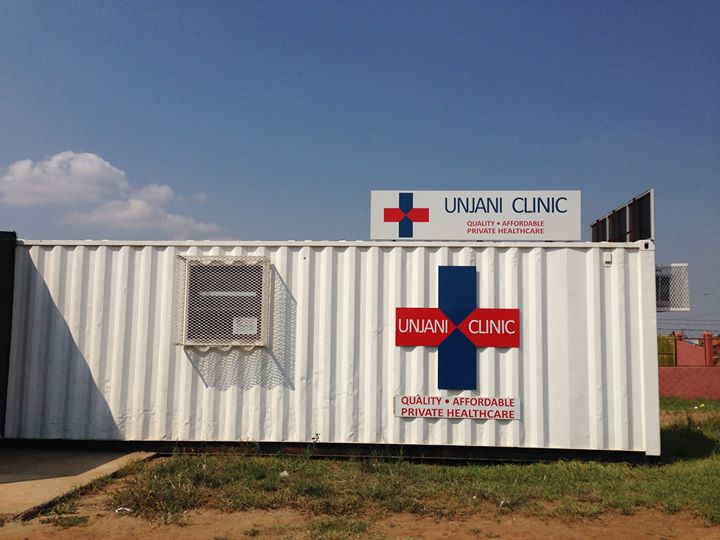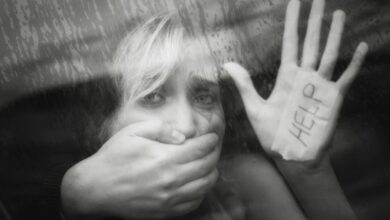Unjani Clinics – ‘Empowered quality healthcare’

Unjani Clinics is a new alternative to the South African state healthcare system which is unable to adequately serve patients with quality service. By creating a social franchise easily deployable in rural communities, Unjani Clinics is a way to empower people and create jobs. In the next three years, 90 clinics will be launched across South Africa. Lynda Toussaint, CEO of Unjani Clinics, explains this promising model to us.
Interview conducted in March 2014.

SparkTour Africa: Why Unjani Clinics was created?
Lynda Toussaint, CEO of Unjani Clinics: Unjani Clinics was created because there is a gap in South African markets from a healthcare prospective. There is significant strain on public clinics that have to effectively provide healthcare to the bottom of the pyramid. More than 84% of South Africans rely on the State for healthcare and the State is unable to adequately serve patients. Unjani Clinics was created because we believe that there are people that can afford to pay something towards their healthcare. Unjani Clinics is an opportunity to for these patients to access quality and affordable private healthcare.
‘More than 84% of South Africans rely on the State for healthcare and the State is unable to adequately serve patients.’
How does it work exactly?
Unjani Clinics is a social franchise. The franchisor is a non-profit company, so we can generate funding for our clinics. The franchises are the clinics themselves, the nurses approach us and we empower them because they own and operate the clinic and are able to become successful entrepreneurs into the future.

Is it a way to create jobs?
Absolutely, we calculated that we can create at least three permanent jobs in each and every clinic. That is why we have been awarded grant funding from ‘The Jobs Fund’. The next three years will deliver 288 new jobs as a result.
‘We can create at least three permanent jobs in each and every clinic.’
Two years after the creation, what are you proud of the most?
The concept has been proven. A number of nurses have approached us based on the word of mouth of our existing nurses operating our pilot clinics. A lot of them are interested in having an Unjani Clinic. But more than anything, the patients that we have served in the communities where we operate have experienced a better quality of healthcare and accessibility to medicines.
Do you have three words to define the spirit of Unjani Clinics?
Empowered quality healthcare.
What was the biggest difficulty since the creation of this concept?
The biggest difficulty that we have had is to find the right level of pricing that is affordable to the patient, but also that there is sufficient cash flow for the nurse to operate a sustainable business, given that the clinic is a profit model. The other difficulty would be the selection of the correct operators in the clinics, and providing them with the necessary training to ensure that they are able to run a proper business.
What are your main challenges?
We have a challenge in the number of clinics that we need to roll out over the next couple of years. Another challenge would be a regulatory challenge in getting the Department of Health to see what we are trying to do and that we want to enter into a public-private partnership, as opposed to private taking over what the State believes it is currently doing.
Today, a lot of young South Africans want to embark on an entrepreneurial adventure to help society, do you have advice for them?
It is all about doing good and making sure that you have the right level of education and training to be able to ask the right questions and to be able to operate a business. Too many people go into businesses without the necessary training or the necessary foundation, and they fail. If they had asked the right questions or approached the right people it could have been avoided. South Africa is a country of entrepreneurs, there are so many of them in the areas in which we operate. That is why the social franchise model which provides training and a funding for entrepreneurs is, I think, a great concept.
‘It is all about doing good and making sure that you have the right level of education and training to be able to ask the right questions and to be able to operate a business.’
Are you optimistic for the future of health in South Africa?
Absolutely, it can only get better from here, and I do believe that Unjani Clinics have started at the right time to be able to fill the gap that currently exists and provide quality accessible healthcare to South Africans that currently do not have it.




